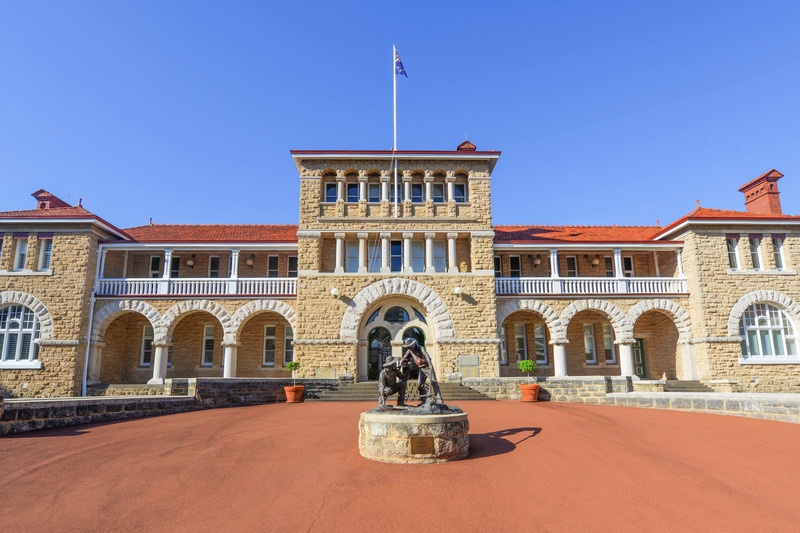A recent report by the CSIRO has revealed proponents for nuclear energy in Australia may be waiting a while longer for mainstream uptake, as the energy source has been judged to “not currently provide an economically competitive solution in Australia.”
The CSIRO looked into small modular reactors (SMRs) as a potential source of low-emissions electricity generation, which could provide much needed firming capacity to support variable renewable energy production.
Overall, the research organisation concluded that nuclear energy is not viable in Australia because:
- Nuclear power is not currently legislated for in Australia
- Large scale nuclear power is not the appropriate size for Australia’s relatively small electricity grids
- The time needed for nuclear SMR to prove commercially viable, and overcome other hurdles, rules it out of any major role in the electricity sector emission abatement required for Australia to reach its net-zero emissions target in 2050.
GenCost 2023-2024
The CSIRO’s assertions came as part of the annual GenCost assessment, a detailed report produced by the CSIRO and Australian Energy Market Operator (AEMO) to provide current and projected costs for electricity generation, storage and hydrogen technologies.
It’s a highly collaborative process that draws on expertise from numerous energy industry stakeholders, with opportunity for members of the energy community to review the report and provide pre-publication feedback to ensure it represents an accurate assessment.
The sixth GenCost report was released as a draft for public consultation just yesterday.
The report’s findings were consistent with previous years that showed renewables, in particular onshore wind and solar photovoltaic (solar panels) energy have the lowest cost range of any power generation technologies.
The cost analysis within the report makes the economic case plain – wind and solar costs per megawatt hour (MWh) average $112 per MWh in 2023, projected to decrease to $82 per MWh in 2030.
In comparison, SMRs average about $509 er MWh in 2023, decreasing to $282 per MWh in 2030.
While on one hand, demonstrating the large gap in value between the two energy sources, it’s worth noting that the cost of SMRs per MWh will halve in that seven-year time period, meaning the energy type may eventually become competitive enough to be seriously considered in the future.
"Nuclear costs per megawatt hour are calculated by converting the hard infrastructure costs into annual loan repayments, adding other annual costs such as fuel and maintenance and then dividing that sum by the annual energy output. Every item in the calculation has an uncertainty factor resulting in a cost range," CSIRO energy economist and lead author of the report, Paul Graham said.
Construction and regulation
Apart from the cost base, nuclear also has its issues in the realms of regulation and construction lead times.
It takes at least three to five years to build a small modular reactor, during which time the International Energy Agency predicts renewable energy will surpass coal as the largest source of global electricity.
Compounding the problem of building a high volume of reactors quickly enough, nuclear power is not currently permitted by law in Australia.
The Australian Radiation Protection and Nuclear Safety Act 1998 and the Environment Protection and Biodiversity Conservation Act 1999 prohibit the licensing, construction and operation of nuclear power plants.
The CSIRO says the only exception to this policy is a research reactor in Lucas Heights, Sydney, which is used for scientific research and the production of medical isotopes.
"Plenty of other people have made the case against nuclear on the basis of issues such as a lack of social licence, or the challenges involved with location,” Graham said.
“Those issues are not unique to nuclear – but unlike other technologies, nuclear hasn’t had to go through siting or approval processes before in Australia.
"Taking all that into account, and knowing the longer it takes to build something the more likely it is that real costs will increase rather than decrease, it’s very clear that nuclear is going to find it very challenging to compete against renewables in Australia."
While nuclear may still play a part in the Australian energy mix at some point in the future – and already plays a major role in other countries – it seems nuclear is simply not viable to meet current decarbonisation needs.
